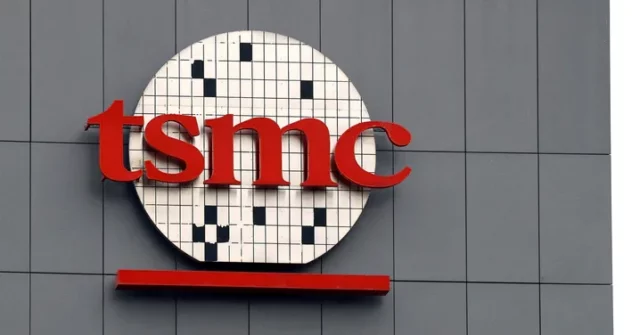TSMC Teams Up with Japanese Universities to Build a Semiconductor Workforce
In an exciting development for the semiconductor industry, TSMC is taking proactive steps to enhance its influence in Japan. They are forming partnerships with local universities to help train the next generation of semiconductor manufacturing professionals.
Partnership with Kyushu University
As reported by Nikkei Asia, TSMC is collaborating with Kyushu University to create specialized educational programs. This partnership aims to facilitate knowledge sharing and better prepare students for careers in Japanese companies linked to TSMC. Notably, TSMC plans to send its experts to the university to co-develop engaging curricula. Given the university’s close proximity to TSMC’s new facility, this initiative is positioned to thrive.
Government Support and Industry Demand
TSMC’s expansion efforts in Japan are receiving robust support from the government, which has identified a critical need for thousands of skilled workers in semiconductor manufacturing each year, particularly on Kyushu Island. In tandem, Kumamoto University is already adjusting its programs to align with the rising demand for specialized knowledge in this essential field. For instance, they are incorporating hands-on training modules that mimic real-world manufacturing scenarios, ensuring students are job-ready upon graduation.
Building a Sustainable Talent Pipeline
This partnership represents TSMC’s serious commitment to becoming an integral part of Japan’s semiconductor ecosystem. More than just a business move, it is a strategic approach to tackling workforce challenges facing the industry. Here’s why this matters:
- Addressing Skill Gaps: The semiconductor industry is experiencing a talent shortage. According to industry reports, almost 50% of semiconductor companies struggle to find qualified workers. By collaborating with universities, TSMC is helping to bridge this gap.
- Practical Training: The introduction of real-world projects in academic programs will allow students to gain hands-on experience. This approach is similar to how companies in other fields, like tech and finance, have successfully integrated internships into their training strategies.
- Long-term Growth: This initiative not only benefits TSMC but also strengthens the semiconductor industry in Japan, ensuring a sustainable supply of talent for years to come.
In summary, TSMC’s collaborations with Japanese universities like Kyushu and Kumamoto are pivotal in creating a skilled workforce to support its ambitious operations. This strategic move marks a significant step towards cultivating a talent pool equipped with the necessary skills, ultimately contributing to the growth of the entire semiconductor sector in Japan. The ripple effects of such initiatives can lead to innovative advancements and a flourishing job market, invigorating the local economy and positioning Japan as a leader in semiconductor manufacturing.





